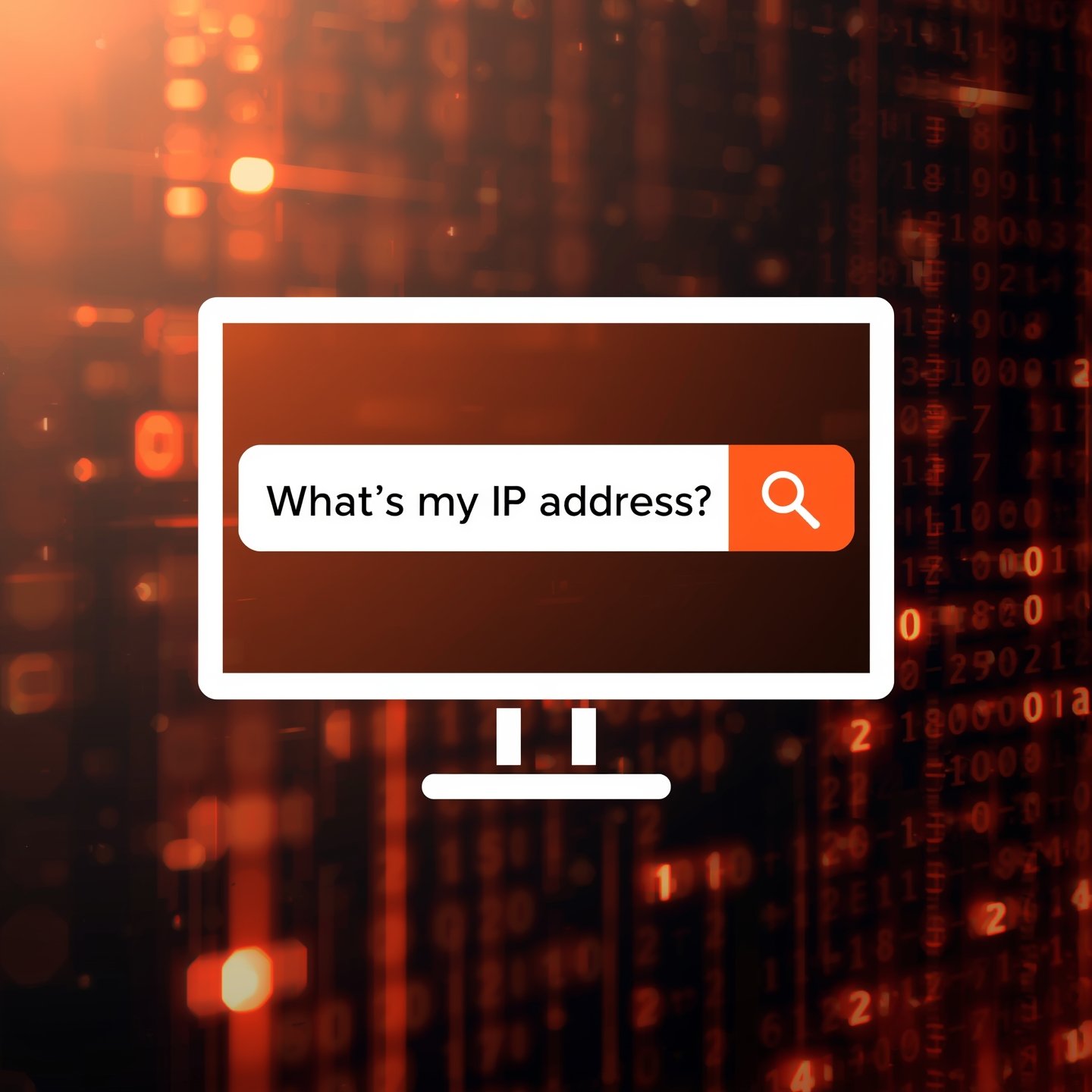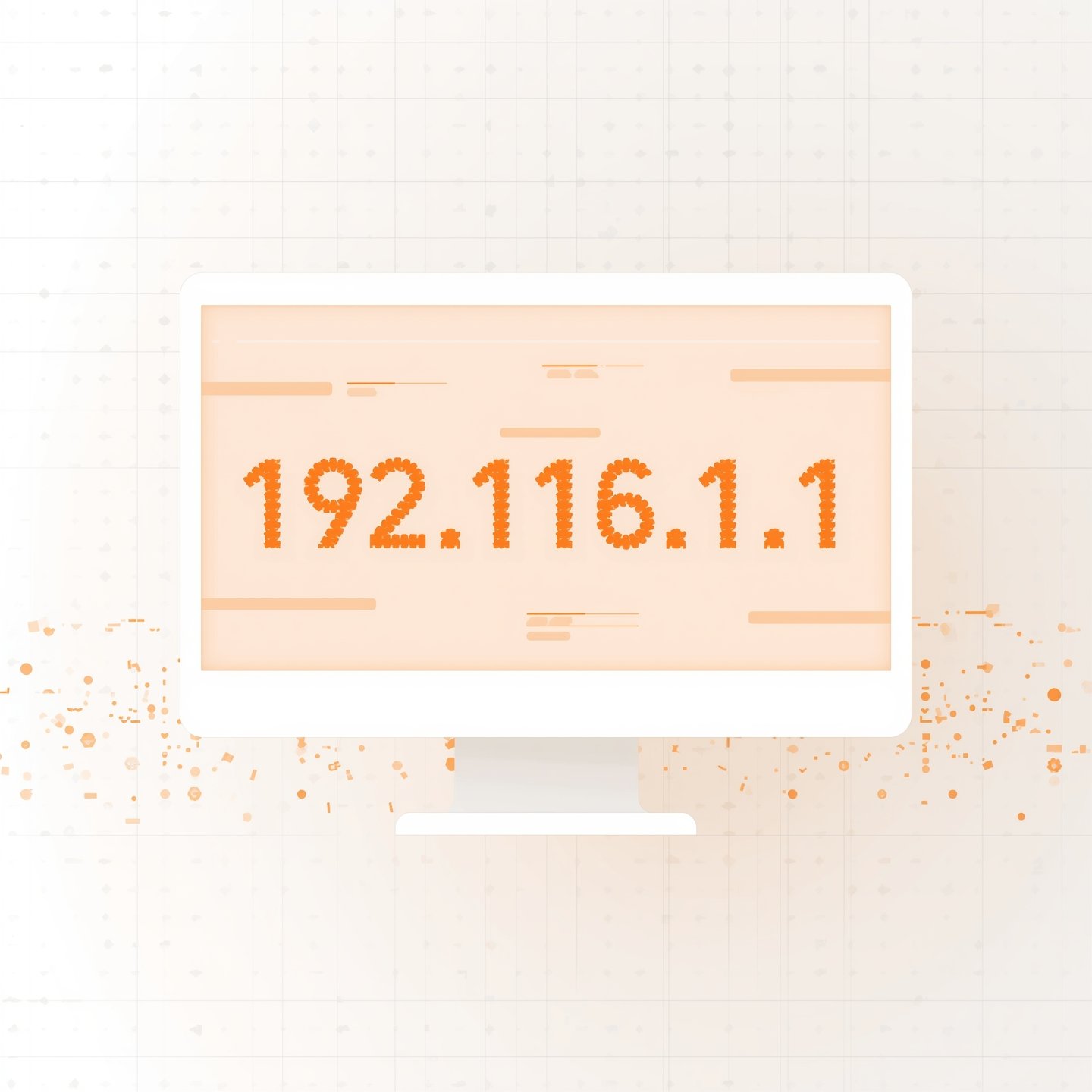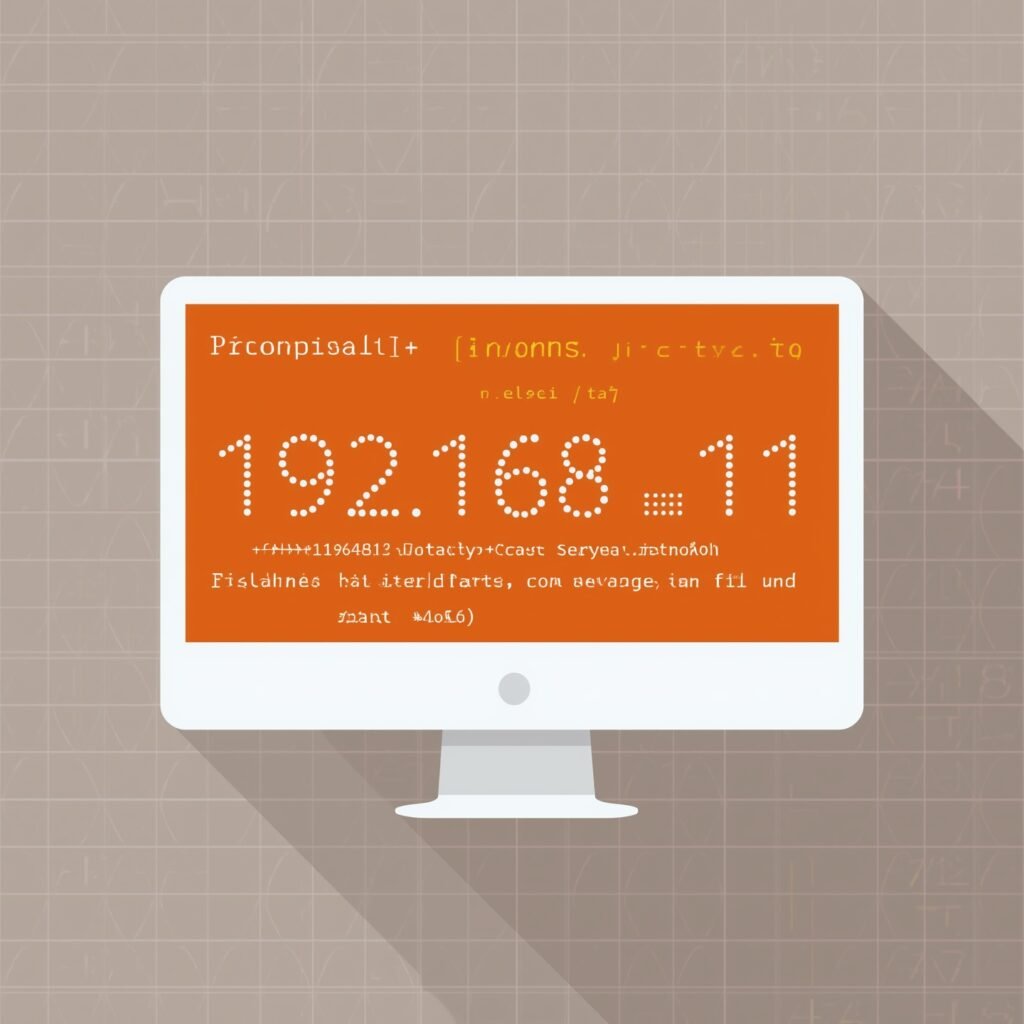Checker Tools
Text Tools
- Text separator
- Email extractor
- URL extractor
- Text size calculator
- Duplicate lines remover
- Text to speech
- IDN Punnycode converter
- Case converter
- Character counter
- List randomizer
- Reverse words
- Reverse letters
- Emojis remover
- Reverse list
- List alphabetizer
- Upside down text generator
- Old English text generator
- Cursive text generator
Developer Tools
Generator Tools
Image manipulation tools
- BMP to ICO
- ICO to JPG
- ICO to GIF
- ICO to PNG
- ICO to WEBP
- ICO to BMP
- GIF to JPG
- GIF to ICO
- GIF to PNG
- GIF to WEBP
- GIF to BMP
- HEIC to PNG
- HEIC to GIF
- HEIC to JPG
IP Lookup – Find Your IP Address & Location Instantly
What’s My IP Address?

Your Internet Protocol address stands as a primary part of your digital profile. A unique number your device gets when connecting to the internet serves as its identity online by letting websites, applications and services find and talk to you. This text explores why IP addresses represent essential information about online identity. Let’s dive deeper into the details.
What Is an IP Address?

An IP address is a series of numbers separated by dots (in IPv4 format, e.g., 192.168.1.1) or by colons (in IPv6 format, e.g., 2001:The IP address possesses the format 2001:0db8:85a3:0000:0000:8a2e:0370:7334. The system helps devices pass data back and forth to create smooth online connections. Each device on the internet needs its own digital ID number to receive precise location information.

Types of IP Addresses
IPv4:
This is the most used format of an IP address, which has four figures varying from zero to 255 separated by commas like 192.168.1.
IPv6:
A newer, larger version of the IP addresses for the many millions of devices that are being connected to the Internet. IPv6 contains 8 groups of numbers which are separated by colons.

How to Find Your IP Address Online
Using Online IP Tools:
There are other websites that can be used to the same effect, like toolchecking.com/ip-lookup or even the IP Location. This can be done by simply entering the words “my ip address,” “what is my ip address,” or using an IP lookup or an IP checker.
Using a Computer
Windows:
Open command prompt by simply typing Command Prompt in the search bar.
Type ipconfig and then Enter.
You’ll have to scroll down a bit to look for IPv4 Address and there your IP will be.
Mac:
Click on the Apple button then go to system preferences then network.
Status
IP Address listed
Using a Smartphone
iPhone:
Under Settings, Wi-Fi, tap the icon with the information by your network in order to read your IP address.
Android:
To do this, navigate to Settings > Network & Internet > Wi-Fi.
Click the sign of the active connection and then read your IP address.
Public and Private IP Addresses:
Public IP:
Provided by the Internet Service Provider (ISP) and is available from outside a network or from other networks.
Private IP:
Utilized at home or businesses to locate devices within a specific network. Some private IP address ranges are 192.168.0.0-192.168.255.255 & 10.0.0.0- 10.255.255.255.
Dynamic and Static IP Addresses:
Dynamic IP:
This one is dynamic and acquired through network assignment and may vary over a short period of time.
Static IP:
Normally fixed and are constant, often directly set at a desired baseline value. This is for a server or any equipment that is very sensitive in a building.
What Is Important About Your IP Address?
Identification Online:
An IP address tells the websites about yourself and the right device through which they should deliver the content.
Geolocation:
By definition, IP addresses act as a proxy for geographic location, which has enabled services to provide information on some local events such as a weather update or breaking news. It may, however, create a privacy issue.
Security:
An exposed IP address can be accessed by hackers and they will gain control over the network. Privacy and security can only be guaranteed when one protects their IP address.
Created and Used Random IP and Lookup
Random IP Used for Testing or Simulation Purposes:
IP Lookup:
Tools like IP lookup or IP checker give the following information:
- ISP Information: The Internet Service Provider associated with the IP.
- Location: Often it may not show the correct city or country in which the company is located, only the approximate location in the city or region.
- Host Name: The domain or name that is assigned with IP.
Important thing to remember: No IP lookup will ever be 100% perfect and should not be used to attempt to find information that is exact.
Protect Your IP Address
Use a VPN:
A VPN conceals the actual IP address in the course of routing the traffic to a secure server.
Use Firewalls:
Firewalls work to stop access to resources in your network by unauthorized persons.
Update Your Router:
It is also good if you update the router firmware frequently so that you don’t fall prey to such attacks.
Avoid Public Wi-Fi:
Commonly, all public networks are insecure. In case one has to patronize these, the connection should be made through a virtual private network.
Final Thoughts
Awareness of what an IP address means is complementary with internet surfing and security. It can also be useful in determining what you have, staying in touch, and maintaining privacy on the World Wide Web. Although, when it comes to seeking my IPv4 address or inspecting an iPhone’s IP or using other resources such as IP checker and IP lookup, comprehending tips for its organization and safety is significant for a secure browsing procedure on the internet.
Q1: What is an IP Lookup?
An IP Lookup is a tool that provides details about an IP address, including its geographical location, Internet Service Provider (ISP), and associated domain name.
Q2: What information does an IP Lookup provide?
It offers details such as geolocation (country and city), ISP, domain name, type of IP, and connection type.
Q3: Is an IP Lookup accurate?
While geolocation is usually reliable at the country and city level, the presence of VPNs or proxies can affect its accuracy.
Q4: Why use an IP Lookup?.
People commonly use it to identify sources of spam, geolocate website visitors, or troubleshoot network problems.
Q5: Can I hide my IP from being looked up?
Yes, you can conceal your IP address by using tools like VPNs, proxies, or the Tor network.

